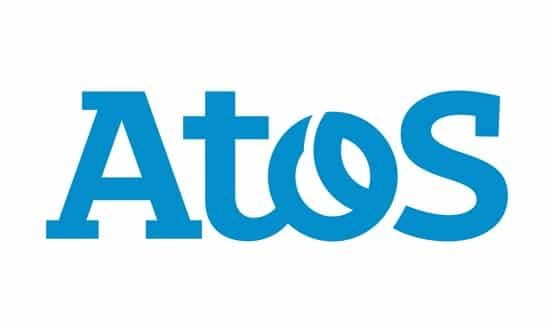Wanless on Information Technology
- 4 December 2001
The UK health service has a poor record on the use of information and communication technology and spending in this area will need to grow at a faster rate over the next 20 years to catch up and keep up with other countries, according to the Wanless Report on NHS funding.
Most of the headlines about the report – produced for the Treasury by ex-NatWest chief executive, Derek Wanless – focused on its general analysis of the way the NHS could or should be funded in the future.
For healthcare technology watchers, however, there is a 22 page section looking specifically at Technology and Medical Advance.
The report identifies the need to tackle the “key challenge” of putting a sound infrastructure in place before the health service will be able to invest fully in applications with the potential to improve the quality, safety and efficiency of the service.
Wanless’s comparative analysis of IT spending shows healthcare well behind other UK sectors, including other areas of government.
“The banking sector is estimated to spend around nine times as much per employee as the health sector, distribution over five times as much and business services and government (excluding health) around three times as much,” notes the report.
Low spending on health IT is not a phenomenon unique to the UK – a similar pattern emerges in the US, though Wanless points out that US spending amounts to six per cent of total health spending, while the UK spends just one and a half per cent.
The report lists many potential benefits of implementing modern IT including better co-ordination of care, more time for health professionals to spend with patients, better use of resources and improved clinical governance. A sound IT infrastructure is also needed to facilitate advances in medical technology in areas such as remote monitoring, testing and genetics.




